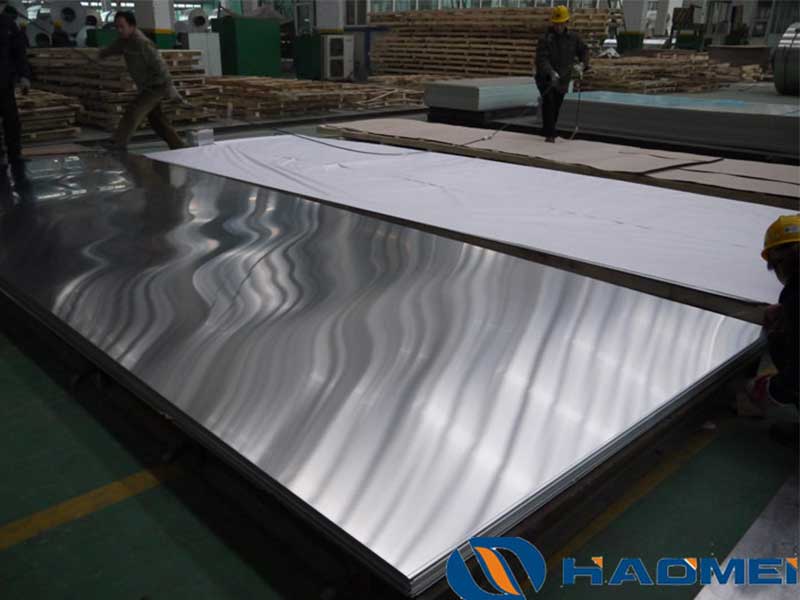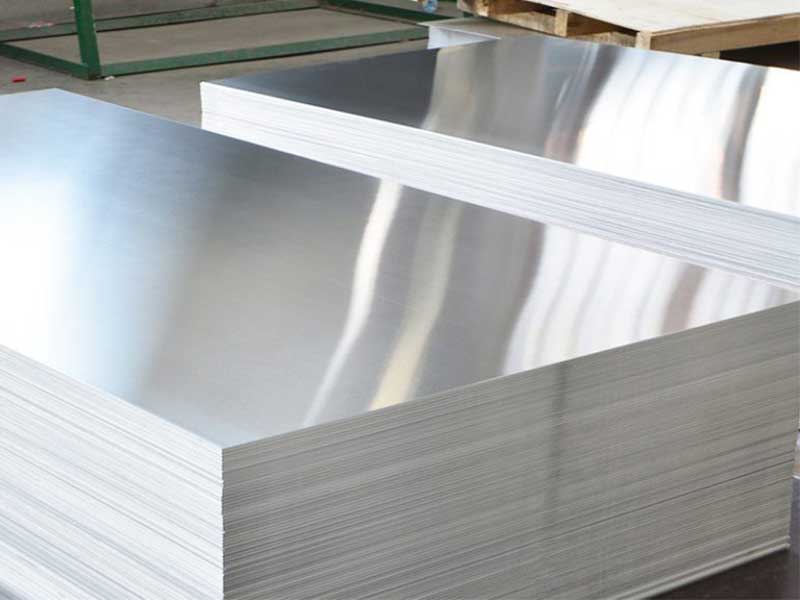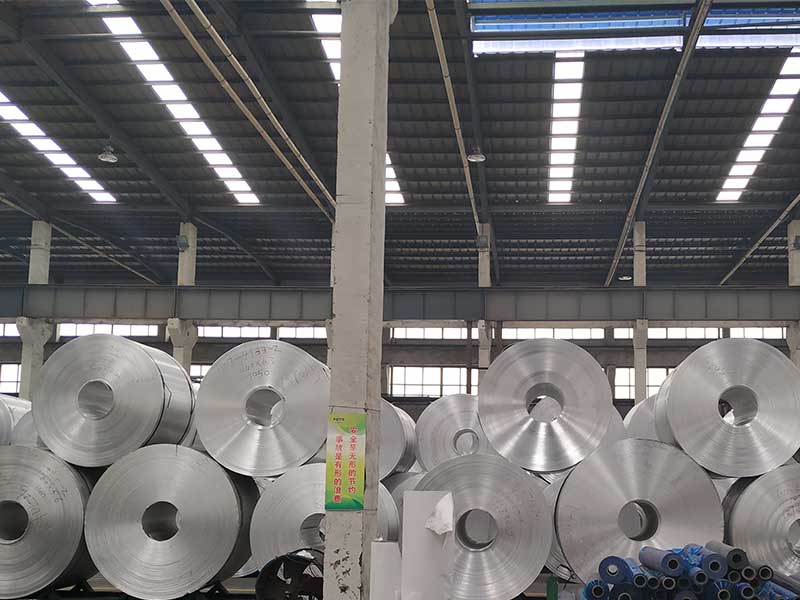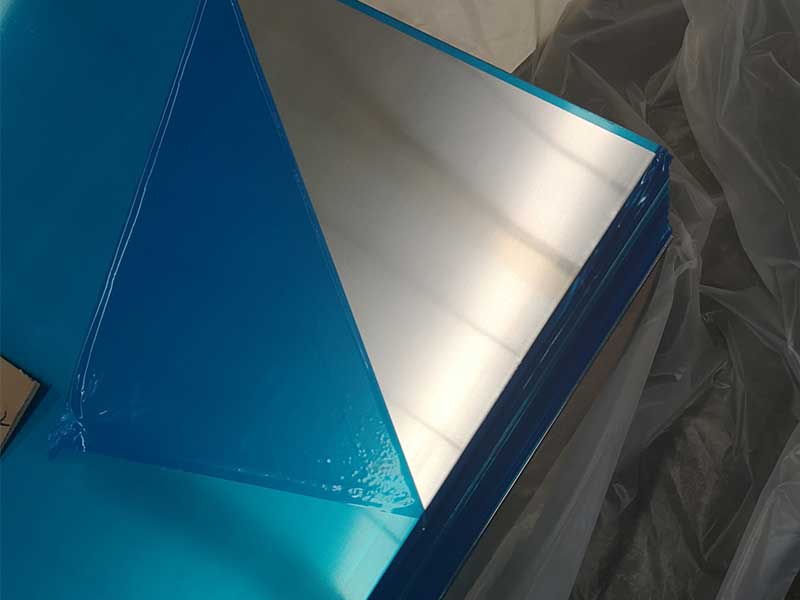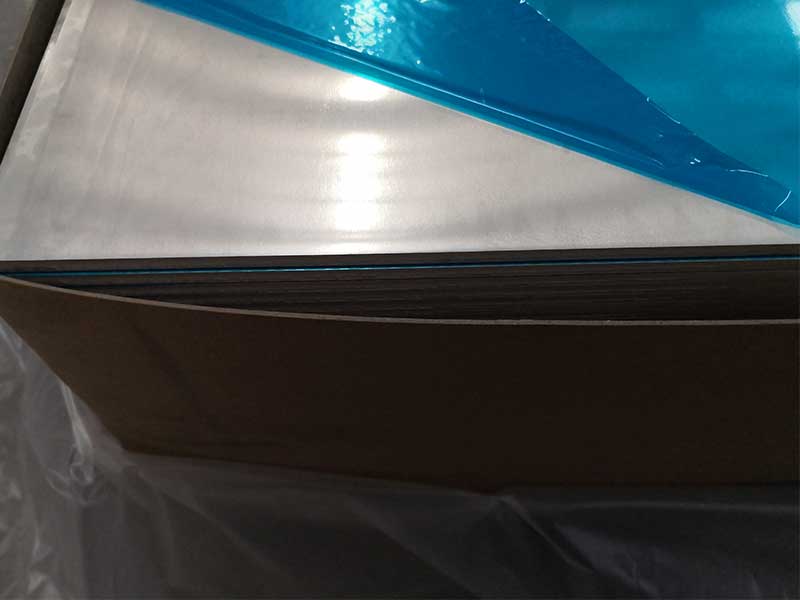3003 aluminum alloy sheet
When it comes to aluminum alloys, the 3003 aluminum alloy sheet stands out as a popular choice due to its perfect blend of strength, workability, and corrosion resistance. This versatile alloy is primarily composed of aluminum (approximately 97% or greater) along with 1-1.5% manganese, giving it some unique characteristics that cater to a range of industrial applications.
Features of 3003 Aluminum Alloy Sheet
1. Excellent Workability
One of the most compelling features of 3003 aluminum alloy sheets is their exceptional workability. This alloy is highly malleable, making it extremely easy to bend and shape, which is a significant advantage in manufacturing processes. Whether you are machining, stamping, or cutting, 3003 sheets allow for intricate designs while maintaining material integrity.
2. Lightweight yet Strong
Aluminum alloys are generally known for their lightweight properties, and the 3003 alloy is no exception. Despite being lighter than steel, the 3003 aluminum sheet boasts good mechanical strength, offering a strong and durable alternative without adding significant weight to the overall structure.
3. Corrosion Resistance
Another crucial feature of 3003 aluminum sheets is their excellent resistance to corrosion. This resistance is essential in applications where materials are likely to be exposed to moisture or harsh environments. The natural oxidation layer that develops on aluminum continues to help protect it, reducing maintenance costs and enhancing material longevity.
4. Non-Heat Treatable
Unlike some other aluminum alloys, the 3003 is non-heat treatable, which means it remains stable at higher temperatures. This feature makes it ideal for applications where heat could pose a risk to the integrity of the material.
Applications of 3003 Aluminum Alloy Sheet
1. Food and Beverage Industry
Thanks to its corrosion resistance and hygienic properties, 3003 aluminum sheets are widely used in the food and beverage sector. They are commonly employed to make storage tanks, mixing tanks, and cooking surfaces where safety, cleanliness, and structural integrity are paramount.
2. Aerospace
The aerospace industry takes advantage of the lightweight nature yet reasonable strength of the 3003 aluminum alloy sheet for various components, including structural panels, aircraft components, and fuselage skins. It’s especially relevant where every ounce matters and still requires reliable performance under pressure.
3. Automotive Manufacturing
In automotive applications, 3003 sheets can be found in various components, ranging from fuel tanks to decorative trims. Its lightweight form helps improve fuel economy and overall vehicle efficiency, a critical factor for most contemporary car manufacturers.
4. Building and Construction
The versatility of the 3003 aluminum alloy sheet extends to the building and construction industry as well. It is used in roofing, siding, and rain-carrying goods like gutters and leaders due to its durability and aesthetic appeal.
5. Chemical Handling
Moreover, in environments dealing with chemicals or other corrosive materials, 3003 aluminum alloy sheets find their strengths in containers, storage tanks, and piping systems. Their resistant nature simplifies maintenance and offers an essential layer of protection.
6. Heat Exchange Equipment
Finally, the thermal conductivity of 3003 makes it a preferred choice for engineering heat exchangers, as it effectively facilitates the exchange of heat in various chemical processing applications.


